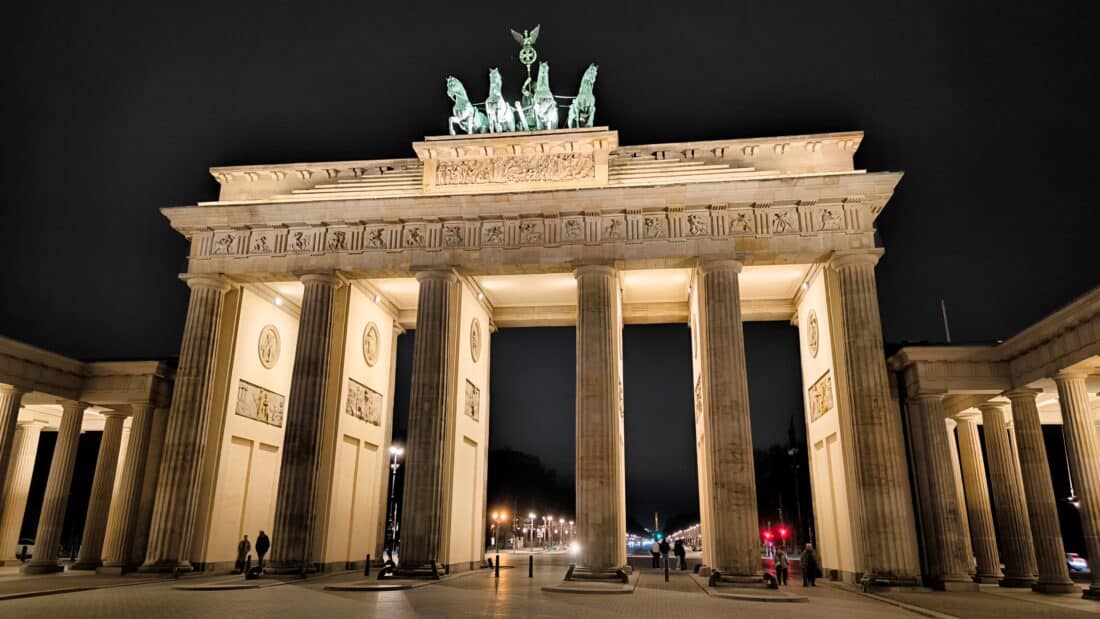For several years now, it has been apparent that the high-speed trains of the Italian railway company Trenitalia will eventually run to Germany. These plans are now becoming increasingly concrete. Just a few days ago, the planned trains were officially registered with the Austrian regulatory authority. As a result, there is now an outlook on when and which routes will be served.
According to the plans, the first trains will run starting in December 2026 on the Milan–Munich and Rome–Munich routes. From 2027, the first extension to Berlin is planned, and by 2028, it may be possible to travel without changing trains from Rome and Naples to Berlin.
The following routes are planned overall. Some stops have been omitted for clarity:
- From December 2026:
- Rome – Florence – Bologna – Verona – Bolzano – Innsbruck – Munich
- Milan – Verona – Bolzano – Innsbruck – Munich
- From June 2027:
- Milan – Verona – Bolzano – Innsbruck – Munich – Nuremberg – Erfurt – Halle – Berlin
- From December 2027:
- Naples – Rome – Florence – Bologna – Verona – Bolzano – Innsbruck – Munich
- From June 2028:
- Naples – Rome – Florence – Bologna – Bolzano – Innsbruck – Munich – Nuremberg – Erfurt – Halle – Berlin
A concrete timetable is not yet available. The document from SchienenControl does contain departure times, but only for stops within Austria.
The journey from Milan to Munich is expected to take just over 6 hours. The trip from Naples to Berlin would be roughly estimated at around 15 to 16 hours (departure around 6 AM, arrival around 10 PM). According to a 2023 newspaper report, the trains can only travel up to 200 km/h within Germany, meaning it would take almost 6 hours between Berlin and Munich.
The following map illustrates the planned routes. Potential detours are not considered, such as if the high-speed line between Berlin and Nuremberg cannot be used.
Frecciarossa 1000 Set to Be Used
Eight-car trains of the Frecciarossa 1000 type (also known as ETR 400 / ETR 1000) are planned for use on the route. Within Italy, these trains can reach speeds of up to 350 km/h. The application mentions a capacity of about 450 passengers, suggesting that the four travel classes known from Italy will remain:
- Standard (2-2 seat layout)
- Premium (2-2 seat layout with slightly more legroom)
- Business Class (1-2 seat layout, similar to 1st class in Germany)
- Executive Class: 1-1 layout with luxurious onboard service
For Trenitalia’s Spanish subsidiary, Iryo, however, the Executive Class was removed and replaced with a standard first class. This increases capacity by about 10 seats, but sacrifices luxury. On the other hand, for such a long journey from Berlin to Naples, the Executive seat would certainly make the ride significantly more comfortable.
Translated by Ditmar
Cover Picture: Brandenburg Gate in Berlin | Ditmar Lange
